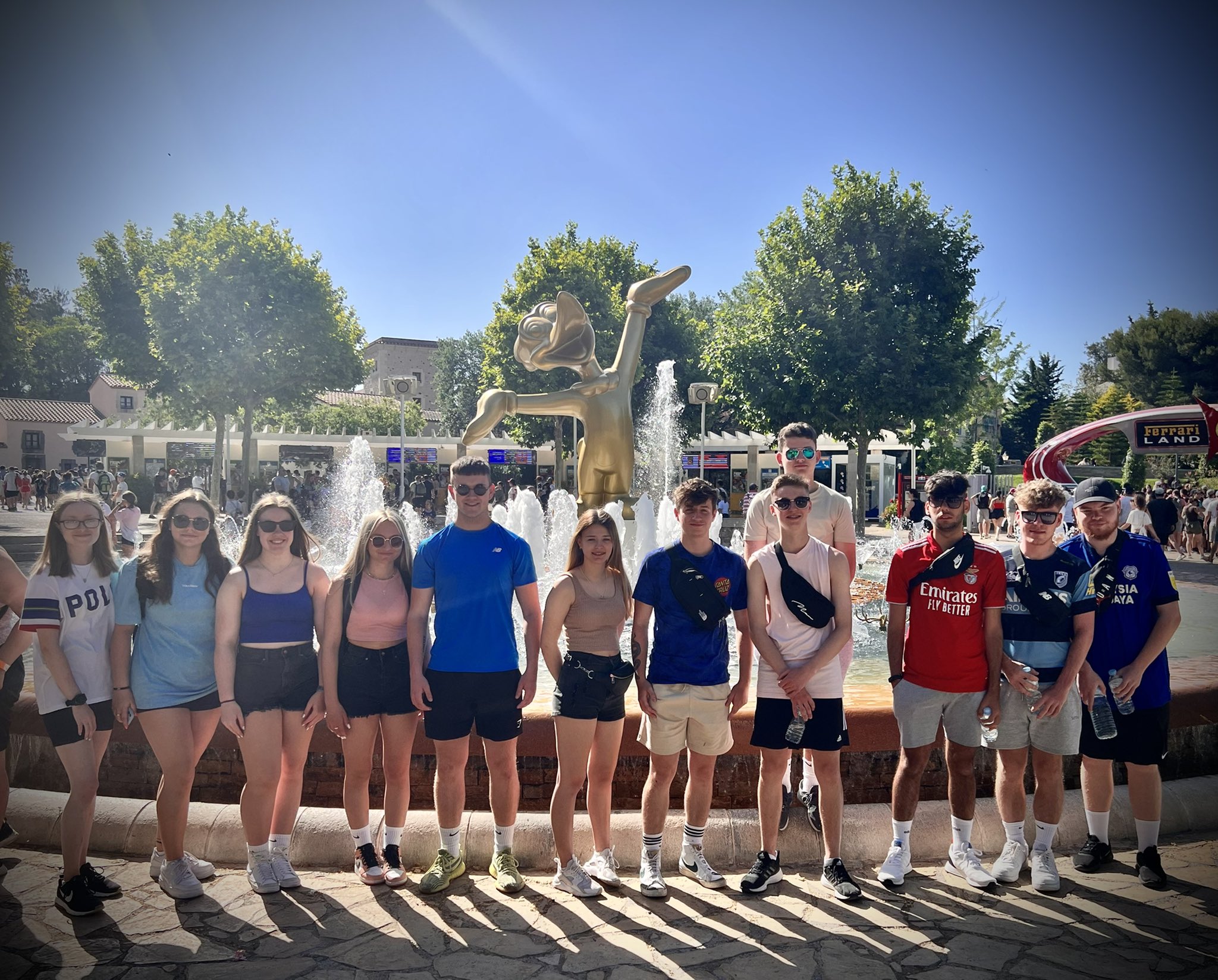Sports Management Micro Work Experience Program
Salou, Spain
PARTNER: Gwent College, Wales Colleges (Wales)
PROGRAM: Erasmus +
COACH: Alba

Who is the client?
Overview
The objective was to facilitate twelve students from Coleg Gwent in participating in a two-week vocational sports management project, notably the first of its kind under the Erasmus+ framework for NexGen Careers. The overall aim of the project was to provide the students with international work experience by working for local companies in Salou, Spain, and help them develop valuable skills transferable to future employment opportunities.
Questions
How can NexGen Careers help students develop practical skills which can be transferred to future career opportunities?
How can we empower students with the confidence to explore different career prospects?
How can we use this program to highlight to students the importance of international work experience?
The Program
– Leah Amphlett
The second week focused on integrating project ideas with social enterprise development. The importance of this week was to highlight that irrespective of companies’ size or turnover, social, environmental, and economically sustainable practices should be implemented. Students creatively demonstrated how sports can be utilized to consistently achieve wider sustainable strategies, notably meeting targets aligned with the UN Sustainable Development Goals. The week was spent synthesizing research into a presentation, which was subsequently submitted to a panel of experts and teachers to select a winning team based on five core criteria. Many students found public speaking initially challenging, but the NexGen coaches delivered presentation workshops to empower them to pitch confidently. This week produced innovative and diverse proposals. For example, one idea focused around designing a football league for army veterans suffering with PTSD. Alternatively, another team proposed the production of vegan sports gear with the aim of mitigating against animal extinction.
Overall, the program provided more than just work experience. NexGen offered transport and activities for students to enjoy on the weekend so they could explore the town and become immersed in Spanish culture. For example, students went on tours in the Roman city of Tarragona and enjoyed the Port Aventura theme park. As the coach, Alba noticed a significant improvement in students’ personal growth alongside professional skills development.
– Alba Queraltó
Outcomes
Beyond everything, the project motivated students to explore their future career prospects. For many, having access to one-on-one training and supporting resources they otherwise would not have, gives them the opportunity to develop transferable skills for further work opportunities.
– Jack Winterson
Contact us
Rocket_launch




